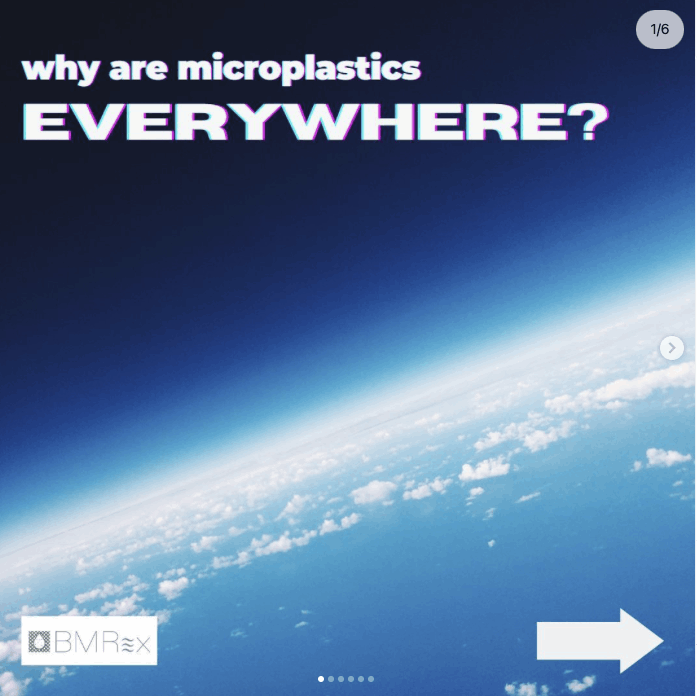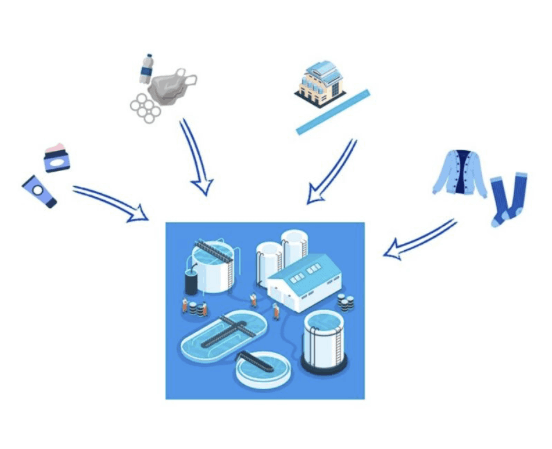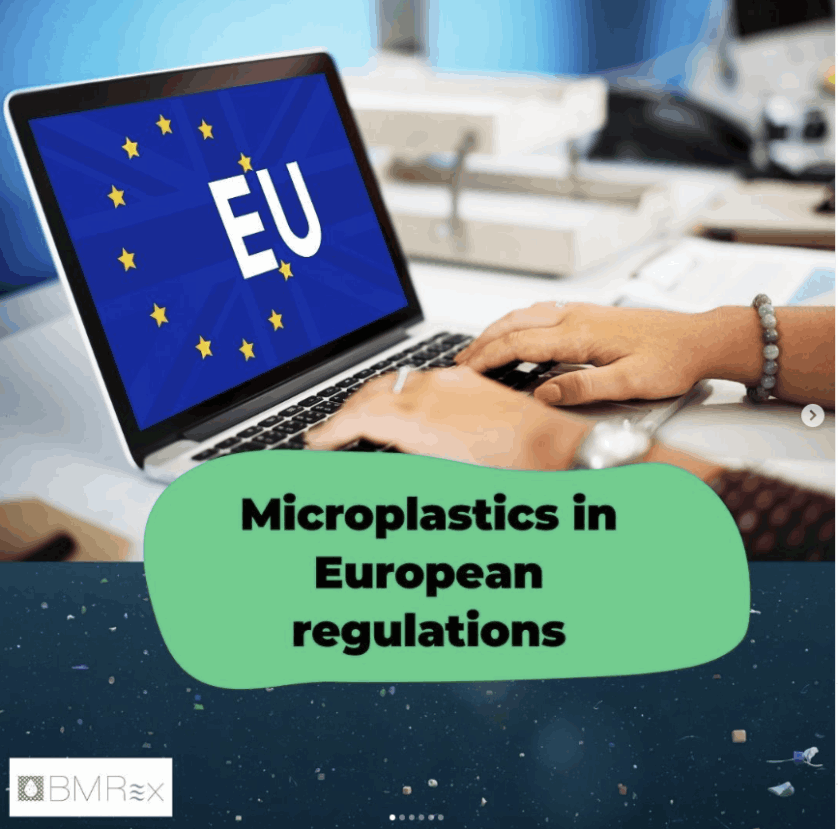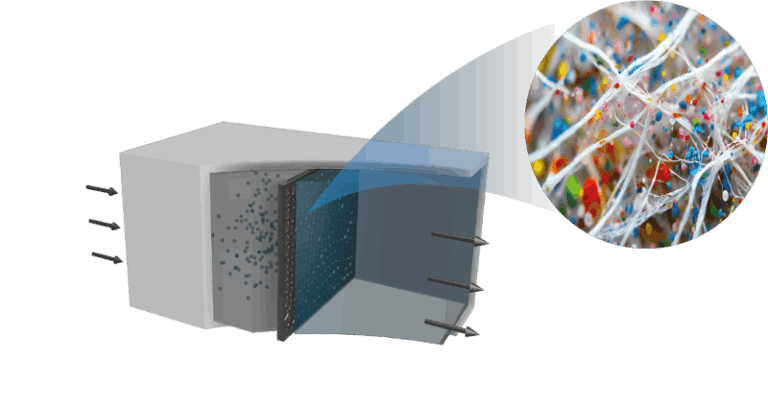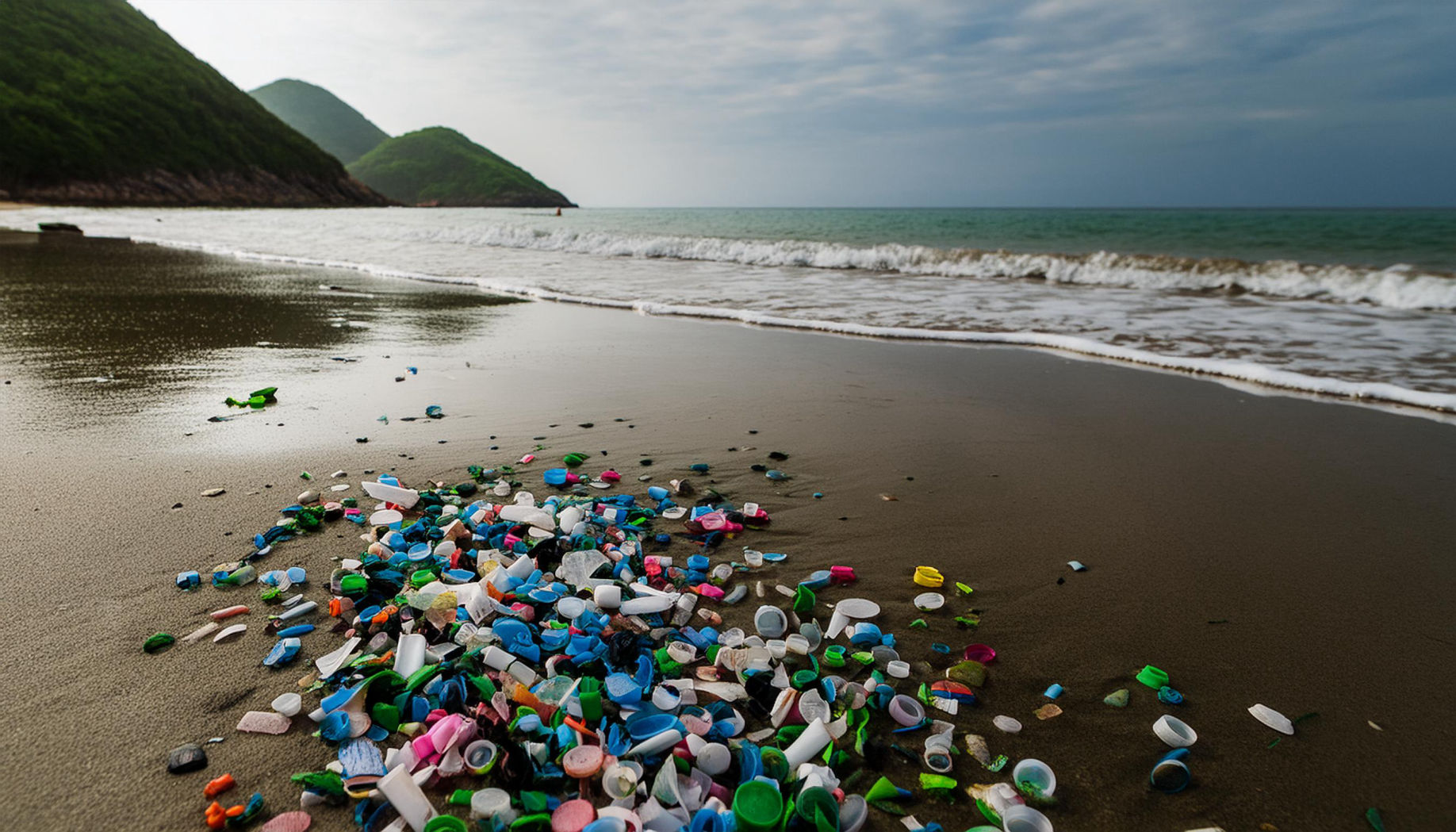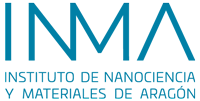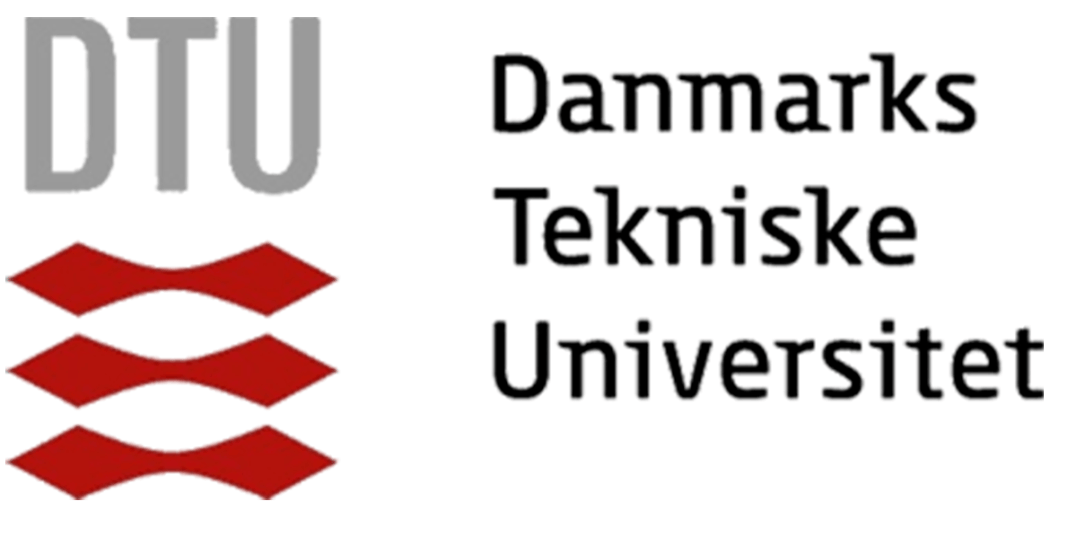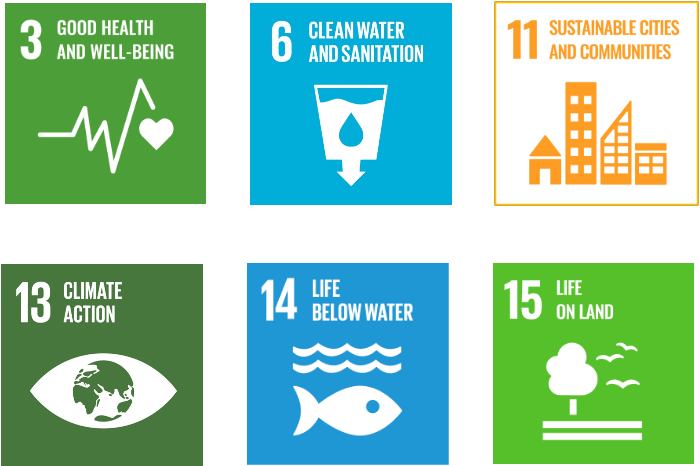Our News
Read the latest news about BMRex
Instagram – 23/07/2024
🧐Ever wondered why microplastics are also found in presence that humans cannot reach?
Then hang on with us and swipe through the slides to find the answer 😊
Hope all of you are enjoying the summer!
Read more..
Linkedin – 16/07/2024
🧐 How microplastics end up in a wastewater treatment plant (WWTP)?
Read more..
Instagram – 09/07/2024
Ever wondered what's being done by the EU on the regulatory level? 😉
Actually, we're in a moment in which all the information is being gathered by the institutions with the goal of cutting plastic production and controlling its fate during the entire lifecycle ♻
Here, we've made a list for you to have a general idea of the directives and conventions where microplastics are already included. Hope you find it useful! 🤓 👏
Read more..
Linkedin - 26/06/2024
Did you know? 🧐
BMRex project contributes to the European Green Deal, as well directly addresses these 2030 Agenda for Sustainable Development Goals:
🌍 Good health and well-being, key to life on Earth.
💧 Clean water and sanitation
🏙️ Sustainable cities and communities.
🌬️ Climate action, by developing technology adapted to new sustainable regulations and goals.
🐡🐘 Life below water and life on land, by providing clean water.
Read more..
